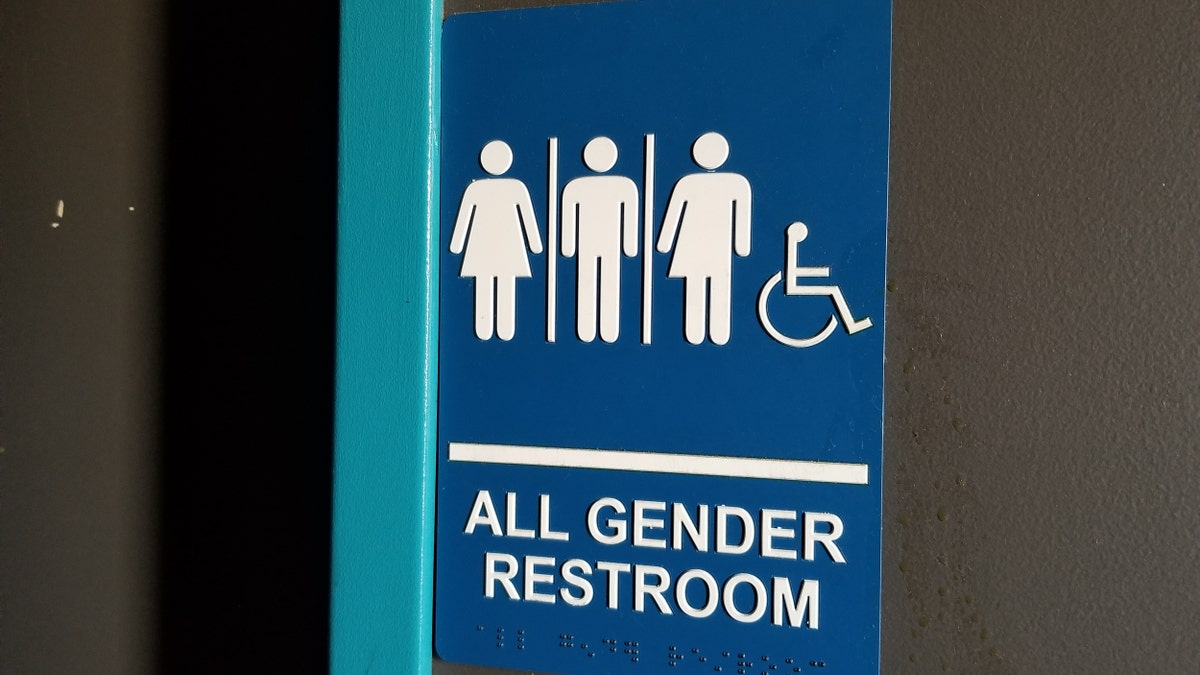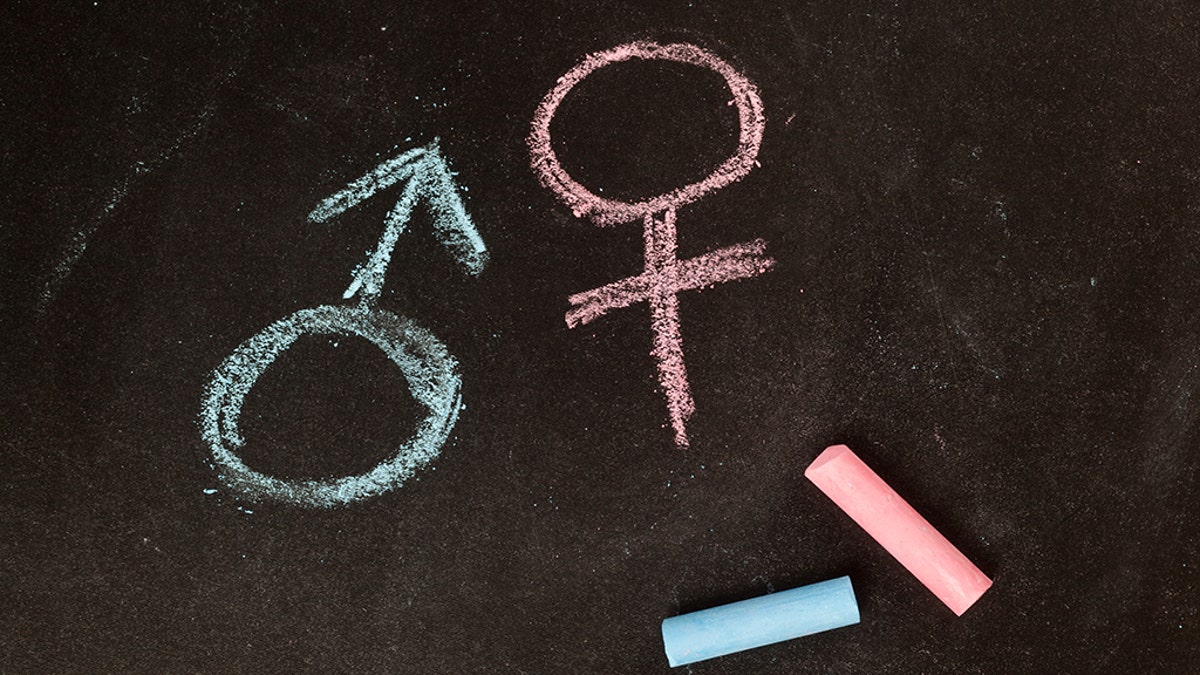Number of young adults identifying as transgender plunges by nearly half in two years

NEWYou can now listen to Fox News articles!
More data is emerging supporting a sharp decline in the number of young adults identifying as transgender or non-binary.
Last week, Fox News Digital reported on data shared by Eric Kaufman, a professor of politics at the University of Buckingham, showing that the share of college students identifying as anything other than male or female has been cut in half in just two years.
Now, Jean Twenge, professor of psychology at San Diego State University, has identified additional data that appears to confirm these findings on a wider scale.
TRANSGENDER ‘TREND’ SHARPLY DECLINING ON AMERICAN COLLEGE CAMPUSES, NEW ANALYSIS FINDS
First, Twenge analyzed data from the nationally representative Household Pulse survey, which asked people directly about identifying as transgender, as she stated in an article for Generation Tech.
“The Household Pulse data showed a decline in trans ID among 18- to 22-year-olds in 2024, but I was cautious about drawing conclusions from it, as the decline appeared only in a limited time period (July to September 2024) — and two of the three survey administrations added an option for non-binary identification that wasn’t there before,” she wrote. “Maybe that was why identifying as trans declined.”
Next, the professor — who is also the author of the book “Generations: The Real Differences between Gen Z, Millennials, Gen X, Boomers and Silents” — looked at another nationally representative survey.
The Cooperative Election Study (CES), a nonprobability-based survey fielded each year in the fall by YouGov and administered by Tufts University, asked about transgender identification among all U.S. adults from 2021 to 2024. It also included a separate question about identifying as non-binary.
TRANS SURGERIES INCREASE RISK OF MENTAL HEALTH CONDITIONS, SUICIDAL IDEATIONS: STUDY
In 2021, 2022 and 2024, the CES asked, “Do you identify as transgender?” The choices were “yes,” “no” and “prefer not to say.”
“Prefer not to say” responses were treated as missing data, Twenge shared with Fox News Digital.
Beginning in 2021, the sex/gender question of the CES asked, “What is your gender?” with choices of “man,” “woman,” “non-binary” and “other.”

Among 18- to 22-year-olds, trans identification was cut nearly in half from 2022 to 2024 — and non-binary identification dropped by more than half between 2023 and 2024.
“When I looked at adults of all ages in the survey … I found a huge increase in identifying as transgender from those born before 1980 (Gen X and Boomers) to those born in the early 2000s (who are now 21 to 25 years old),” Twenge told Fox News Digital.
“Identifying as transgender then declined, especially for those born in 2005 and 2006 (who are now 18 to 20 years old).”
“I think the question now is not if trans is in decline, but how far it will fall.”
There are several theories as to why this is happening.
“One possibility is changes in acceptance; as acceptance increased, more young adults identified as transgender and/or were willing to identify as transgender in a survey,” Twenge said. “When acceptance declined, identifying as transgender (or at least identifying as transgender on a survey) declined.”

In previous analyses looking at data from another survey, Twenge found that the increase in identifying as transgender between 2014 and 2023 did not extend to people over age 45 (Gen X and boomers).
“That makes it less likely that the changes are due to acceptance, which should impact people of all ages,” she said. “However, it’s possible that acceptance increased more among young adults between 2014 and 2023 and then decreased more into 2024.”
Twenge emphasized that identifying as transgender and identifying as non-binary are two different things.
“One of the reasons I did this analysis was because the surveys Prof. Kaufmann relied on did not ask about identifying as transgender — they asked about identifying as non-binary or something other than male or female,” she noted. “I wanted to see if there was a decline in identifying as transgender.”
She added, “I also thought it was important to look at a nationally representative sample and not just at students from elite schools.”

Kaufmann applauded Twenge’s new report, calling her “the best in the business.”
“It was good to see that mainstream academic generation researchers are following up,” he told Fox News Digital. “Her data very much reinforces what I found using FIRE, Brown and Andover Phillips data.”
CLICK HERE TO SIGN UP FOR OUR HEALTH NEWSLETTER
“I think the question now is not if trans is in decline,” he added, “but how far it will fall — and what the implications will be for the cultural progressive project, and for trends in gender surgery and diagnosis.”
“Perhaps young people are realizing they don’t have to announce or label everything about themselves to be valid.”
Jonathan Alpert, a New York City psychotherapist, said this shift likely marks a “natural correction.”
“For a while, we taught young people to over-interpret every feeling. Therapy culture told them that every discomfort needed a label or diagnosis,” Alpert, who was not part of the cited surveys, previously told Fox News Digital. “For some, that label became ‘non-binary’ — not identifying with a gender.”
Rather than rejecting who they are, Alpert said, young people may simply be tired of feeling pressure to define every emotion or difference with a new identity.
TEST YOURSELF WITH OUR LATEST LIFESTYLE QUIZ
“So, in essence, it’s the performance that’s slowing down — at least in what this study showed,” he said. “A few years ago, identity was treated almost like a social badge. Now, perhaps young people are realizing they don’t have to announce or label everything about themselves to be valid.”
Alpert said he sees this same pattern in his own therapy practice.
CLICK HERE FOR MORE HEALTH STORIES
“Once people become more comfortable [with] who they are, they stop needing to define themselves so rigidly. To me, that’s a sign of growing self-assurance, not intolerance.”
Fox News Digital reached out to Tufts University and to the U.S. Census Bureau requesting comment.
Read the full article here









